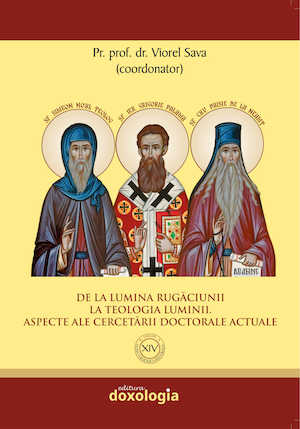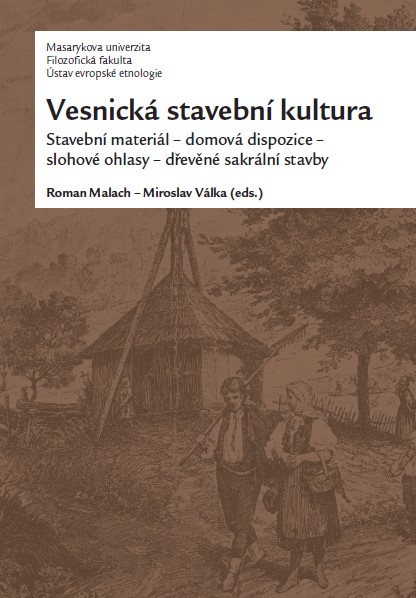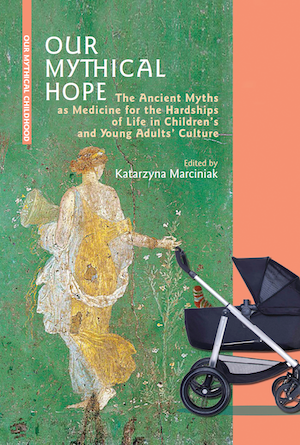
Aspecte din activitatea pastorală a mitropolitului Gurie Grosu al Basarabiei (1928-1936)
This study covers the period of years 1928-1936, of the activity of Metropolitan Gurie of Bessarabia, under several aspects: pastoral, missionary, cultural, ecclesiastical, social and even political. Analysing the writings, speeches, sermons, documents signed by the great Bessarabian bishop within the church administration, we will see Gurie Grosu as a person deeply rooted in the realities of time, aware about the difficulties faced by his own believers, trying during his pastorate to respond and help them spiritually and materially in order to overcame the difficulties. As a pastor of souls, Bishop Gurie constantly emphasized in the holy services and speeches, the importance of living the authentic Christian life, keeping in touch with God and helping others. The church, in the opinion of the great metropolitan, provides support and blessing, confidence and strength in facing evil, despair and helplessness. By concrete social actions, Metropolitan Gurie permanently raised collections that he donated to needy people, important amounts of money to charities (it is known in detail the care he had for the Society of Disabled, Orphans and War Widows - I.O.V ) and many other deeds by which the Saviour’s command to do alms was materialized. During his pastorate, Bishop Gurie issued several circulars condemning societal vices (theft, alcoholism, deception), in which he demonstrated the harm these sins cause to Christians and society and the need to constantly fight against them. His pastoral activity included, also, visits to hospitals, orphanages, asylums, participation to conferences, meetings and discussions of several professional categories: physicians, psychologists, culture people etc. In the year 1928, the professional Congress of physicians held at Chisinau proposed as honorific president metropolitan Gurie, together with other personalities. But the metropolitan Gurie’s activity involved another important area, the cultural one. In his vision, raising the cultural level of the Bessarabian people involved a direct commitment on behalf of Bessarabian clergy and his own, personally. In this mean, he granted scholarships and amounts of money for the students and pupils with reduced material possibilities, he donated other important amounts for purchasing books to some educational institutions (especially those attached to churches) and for a better training of the clergy, he founded the Faculty of Theology from Chisinau in the year 1926, his merit in the establishment of this higher education institution, being indisputable.
More...

